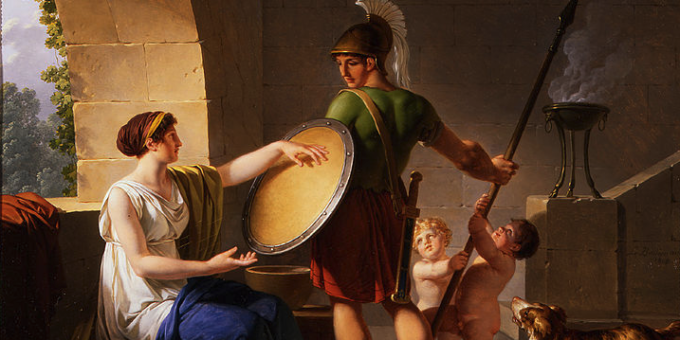
While some aspects of Spartan culture, such as their emphasis on physical fitness, continue to be admired today, other practices, such as infanticide and slavery, are rightly condemned.
Despite its flaws, the Spartan society remains an intriguing example of an ancient culture that placed a high value on discipline, physical strength, and the needs of the state.
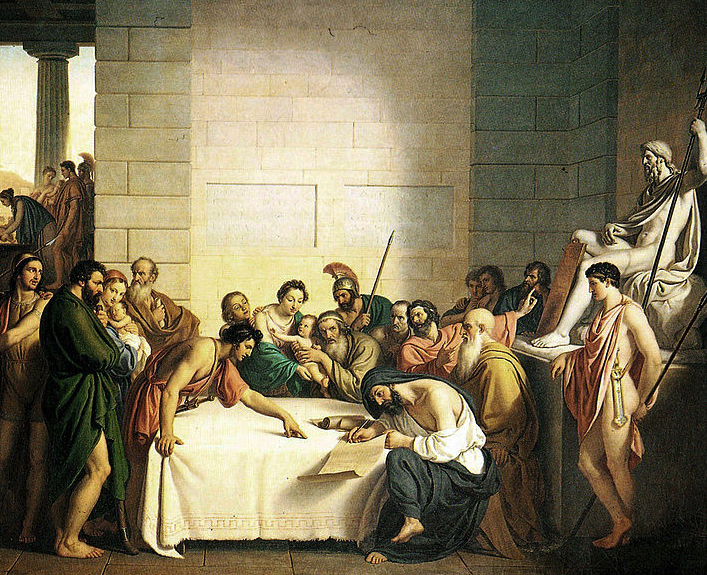
1. Infanticide was practiced in Sparta
One of the most shocking aspects of Spartan society was their practice of infanticide. In Sparta, newborns were inspected by a council of elders to determine if they were strong and healthy enough to be raised as citizens.
If the child was deemed weak or sickly, they were left to die on a nearby hill known as Mount Taygetus. This was done in the belief that only the strongest and most resilient children should be raised to become citizens and soldiers.
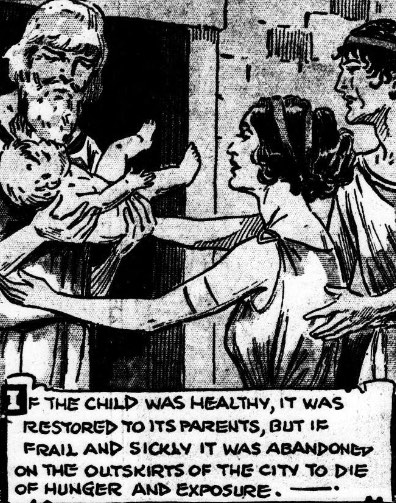
2. Education was geared towards producing soldiers
Spartan education was entirely focused on producing soldiers. Boys were taken away from their families at the age of seven and placed in military training camps. They were taught to fight, endure pain, and to obey orders without question.
Physical training was rigorous, and any signs of weakness were discouraged. This intense training produced some of the most fearsome warriors in the ancient world.
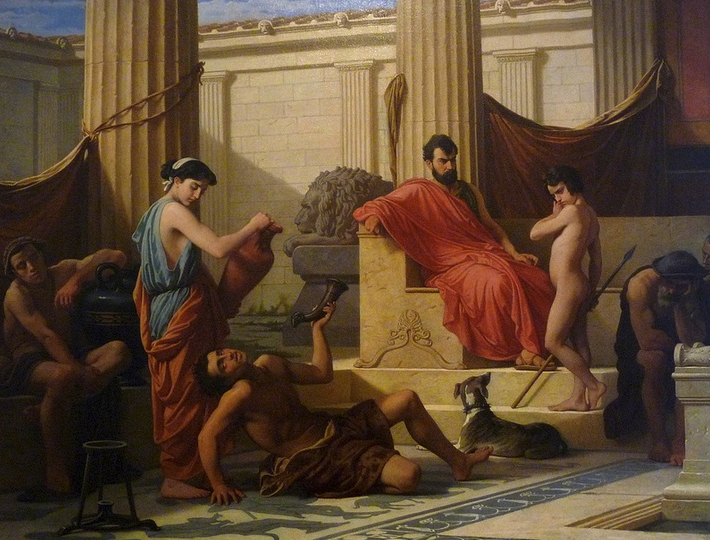
3. Women had a unique role in Spartan society
In most ancient Greek societies, women had very few rights and were considered inferior to men. However, in Sparta, women had a unique role. They were expected to be physically fit and healthy so that they could produce strong and healthy children.
Women were also allowed to own property and could participate in sports and other physical activities. This gave women a level of independence and freedom that was uncommon in other ancient societies.
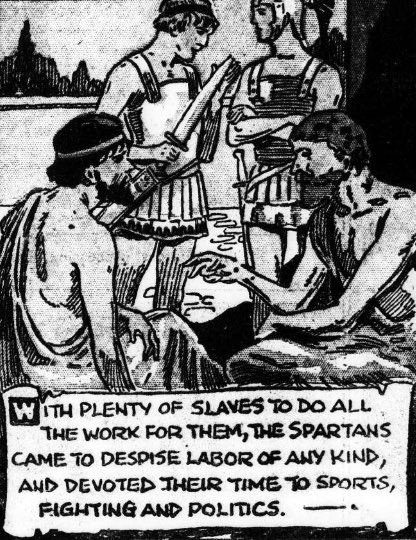
4. The Spartan economy was based on slavery
While Sparta is known for its warrior culture, the city-state was also an agricultural society. However, the Spartan economy was based on slavery.
The majority of the population was made up of helots, a group of people who were enslaved by the Spartans. The helots worked the land and produced the food that fed the Spartan army.
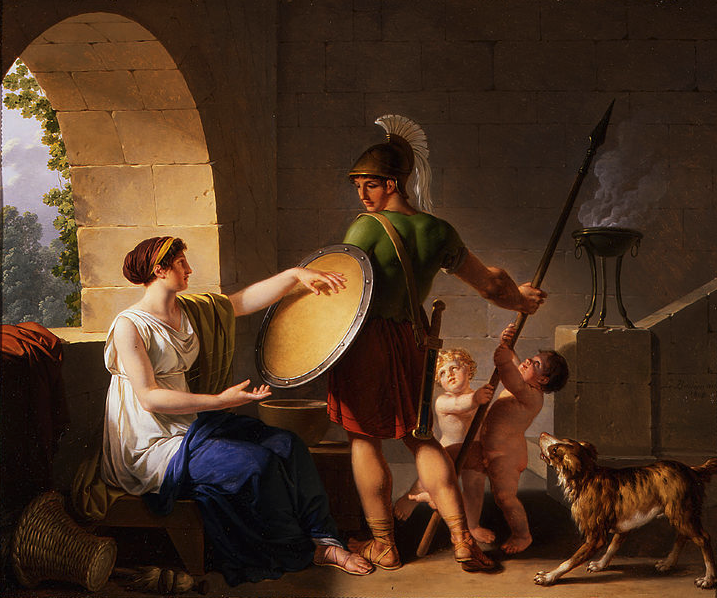
5. Spartans believed in a communal way of life
Spartans believed in a communal way of life, where the needs of the state were put before the needs of the individual.
Spartans were not allowed to own personal property, and all possessions were shared among the community. This included food, clothing, and even spouses. In this way, Spartans were able to maintain a highly organized and efficient society.

